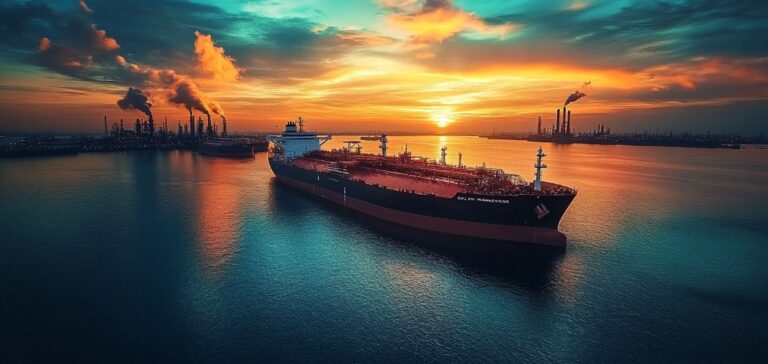Recent statements by U.S. President Donald Trump have highlighted growing tensions surrounding global oil markets. As OPEC+ prepares to meet on February 3 to review its production policy, the White House’s demands add a new layer of uncertainty to an already volatile market.
Prince Abdulaziz bin Salman, Saudi Arabia’s Minister of Energy, recently hosted several counterparts in Riyadh, including ministers from Iraq and Libya. While participants described the meeting as friendly discussions, insiders confirmed that future production and market stability were central to the talks.
Washington’s Strategy: Pressure and Threats
Donald Trump explicitly called on OPEC to increase production to bring down oil prices. This strategy, intertwining economic and political interests, primarily aims to weaken Russia’s oil revenues, which heavily rely on hydrocarbon exports. Trump hopes to reduce Moscow’s financial resources, deemed crucial for its military efforts in Ukraine.
Simultaneously, the U.S. president threatened to implement severe economic measures, such as tariffs on oil imports and sanctions against countries that fail to cooperate in stabilizing markets. Although typical of Trump’s rhetoric, these statements immediately triggered a decline in oil prices: Brent fell to $77.97, while West Texas Intermediate dropped to $74.16.
OPEC+: Caution Amid International Pressures
OPEC+ is currently keeping 5.8 million barrels per day (b/d) off the market, a measure aimed at supporting prices for several months. While the group has planned to gradually reintroduce 2.2 million b/d in April, this decision remains contingent on global demand conditions.
For OPEC and its key ally, Russia, U.S. demands pose a strategic dilemma. While Riyadh, as OPEC’s leader, seeks to maintain close ties with the United States, excessive pressure on Moscow risks destabilizing the agreements underpinning the OPEC+ alliance. This caution is reinforced by Trump’s past behavior: in 2018, he pressured OPEC to boost production, only to reverse course by granting waivers for purchasing Iranian oil.
Outlook for the Global Market
The upcoming OPEC+ Joint Ministerial Monitoring Committee (JMMC) meeting in early February will assess the balance between producer needs and global supply-demand dynamics. With ongoing trade tensions with China and uncertain demand growth, OPEC+ members fear overproduction could destabilize markets in the long term.
The potential impact of U.S. economic threats also remains unclear. If Trump’s proposed tariffs and sanctions are implemented, traditional trade balances could be disrupted, adding another layer of complexity to energy market management.
For now, market participants await the JMMC’s recommendations, as uncertainty looms over OPEC+’s ability to reconcile divergent interests in a tense geopolitical environment.






















